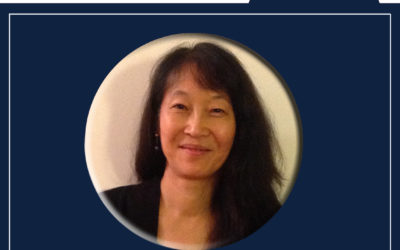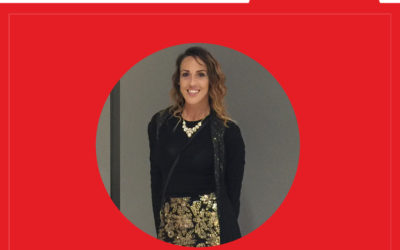Why does registering clinical trials and reporting their results matter?
Patients, their families, friends, physicians, colleagues, and communities are at the heart of the AllTrials campaign, which calls for all clinical trials (medical studies in which potential drug treatments are tested on people) to be registered, and their results reported.
Some people have come to support the campaign because they are battling or have battled a disease; others sign on after working to help loved ones.
These are their stories.
Peer-to-peer stories from researchers and physicians are in BLUE folders.
Stories from patients and patient advocates are in RED folders.
Have a clinical trial story to tell?
*Please note that while this is a forum for patients to have their say, we strive for factual accuracy in our interview reporting.
Comments in response to the stories do not represent the ideas or views of the organization.
The negative results that improved healthcare for women
“In medicine, you can never be comfortable with what you learned last year,” says Dr. June Chang, formerly of the Women’s Health Initiative, one of the largest medical studies of postmenopausal women ever conducted.
Patient advocacy in the age of social media
“If we could see negative results or negative research that would be really useful for physicians and women,” says Natalie Archer, co-founder of The Endometriosis Coalition.
When reporting clinical trial results changed a life
“I wouldn’t be talking to you today if the trial results had not been reported,” says Nicole Gularte, writer of the blog, Fight for Cures, about the published trial results that altered her fight with Leukemia.
The cultural shift medicine wants, and needs
“In science, transparency is always desirable,” says Dr. Sander Markx, Assistant Professor of Clinical Psychiatry at Columbia University.
On a mission to solve the organ donor shortage
“The need for research transparency … is really ensuring that everyone has access to the best drug treatment possible with the most information about the risk and safety of those drugs,” says Josh Morrison, a living kidney donor and the co-founder of the living donation advocacy nonprofit, Waitlist Zero.
Undiagnosed, isolated, and searching for answers
“I think transparency on all levels is crucial,” says Gina Szajnuk, a mother of three who co-founded the Rare and Undiagnosed Network (RUN) after she and her children began suffering from an undiagnosed condition.






